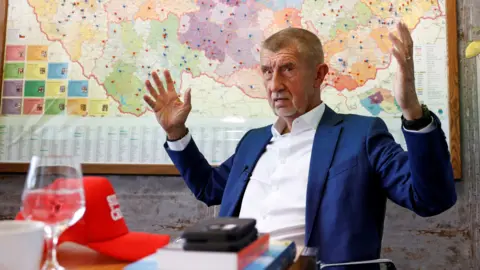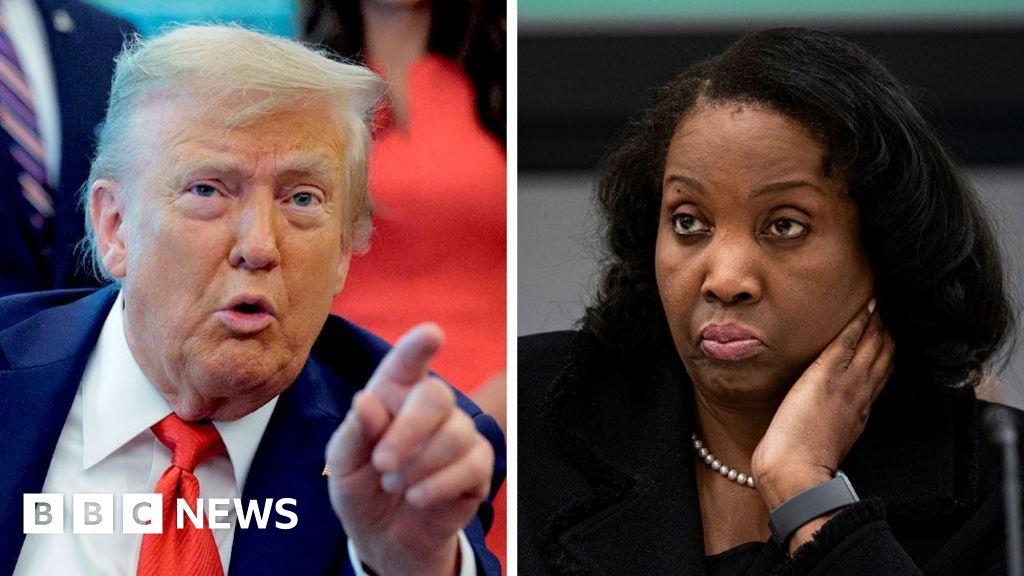In a turn of events that underscores the intensifying economic crisis in Cuba, Labour Minister Marta Elena Feitó Cabrera has resigned following controversial statements made during a National Assembly session. The Minister, who asserted there were no beggars in Cuba, instead described individuals scavenging for food as "pretending to be beggars" in pursuit of "easy money." This rhetoric ignited public outrage both domestically and internationally, prompting swift repercussions from President Miguel Díaz-Canel, who emphasized the need for leadership to remain connected to basic realities faced by citizens.
Feitó Cabrera's remarks, characterized as condescending, met with immediate widespread condemnation. Economists and social activists took to social media platforms, highlighting a sharp disconnect between government officials and the daily struggles of the Cuban populace. As poverty deepens, more citizens are seen foraging through trash in search of sustenance and basic necessities, amidst worsening food shortages and energy crises.
President Díaz-Canel's intervention, which indirectly criticized Feitó Cabrera, asserted that Cuban leadership must acknowledge and empathize with citizens' hardships. The call for her resignation was further fueled by a strong letter from activists and intellectuals, denouncing her comments as disrespectful to the struggles experienced by the Cuban people.
Feitó Cabrera's departure marks a rare instance of accountability in Cuba's political landscape, where open dissent is frequently suppressed. As the government grapples with this issue, the resignation underscores the critical need for a more empathetic approach to governing amid increasing socio-economic turmoil.
Feitó Cabrera's remarks, characterized as condescending, met with immediate widespread condemnation. Economists and social activists took to social media platforms, highlighting a sharp disconnect between government officials and the daily struggles of the Cuban populace. As poverty deepens, more citizens are seen foraging through trash in search of sustenance and basic necessities, amidst worsening food shortages and energy crises.
President Díaz-Canel's intervention, which indirectly criticized Feitó Cabrera, asserted that Cuban leadership must acknowledge and empathize with citizens' hardships. The call for her resignation was further fueled by a strong letter from activists and intellectuals, denouncing her comments as disrespectful to the struggles experienced by the Cuban people.
Feitó Cabrera's departure marks a rare instance of accountability in Cuba's political landscape, where open dissent is frequently suppressed. As the government grapples with this issue, the resignation underscores the critical need for a more empathetic approach to governing amid increasing socio-economic turmoil.




















